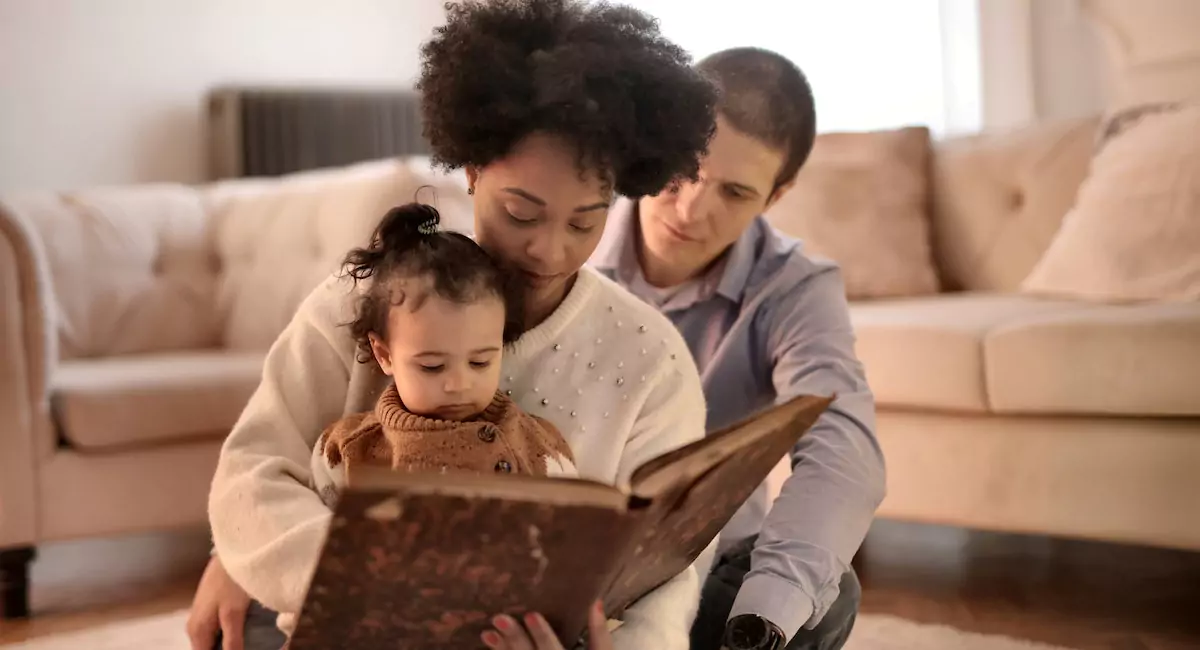
Indigenous Stories To Read And Share With Your Kids
Sharing Indigenous Australian stories with children is a meaningful and enriching experience that goes beyond mere entertainment. These stories have deep cultural significance and display the wisdom, traditions, and values of Australia's First Nations people. Now it is time for you to understand the importance of sharing these stories with your kids, and how doing so can foster empathy, cultural appreciation, and a deeper understanding of the land and its original inhabitants.
Cultural Understanding and Empathy
When you read and tell children about Indigenous Australian stories, it cultivates a sense of cultural understanding and empathy. By engaging with these narratives, kids gain insight into the historical and contemporary experiences of Indigenous peoples. They learn about the connection these communities have with the land, their beliefs, and their ways of life. With the help of powerful narratives and compelling characters and situations, children can put themselves in the shoes of Indigenous people, experiencing their challenges and triumphs. This creates empathy and promotes a more inclusive worldview, helping children develop respect and appreciation for diverse cultures.
Preservation of Cultural Heritage
Many Indigenous stories in Australia have been passed down through oral traditions for generations. When you share these stories with the younger generation, you help preserve and perpetuate Indigenous cultural heritage. It is important to safeguard these stories from fading away and to honour the wisdom and knowledge they hold. As children immerse themselves in these riveting tales, they become part of the legacy of Indigenous cultures, contributing to the continuation of these ancient narratives for future generations.
Connection to the Land and Environment
Many of these Indigenous Australian stories are based on the land and its significance in Aboriginal culture. These narratives promote a deep connection to the environment and emphasise the importance of respecting and preserving it. By sharing these stories, children gain an awareness of the connection between humans and nature and create a sense of responsibility for the planet. Learning about how Indigenous communities have lived in harmony with the land for thousands of years can inspire children to become more conscious and caring towards the environment.
Diversity and Inclusivity
Exposing children to Indigenous Australian stories contributes to a broader understanding of diversity and inclusivity and helps them understand cultural heritage laws. These narratives showcase the cultural richness of Australia's First Nations peoples, which includes diverse languages, customs, and traditions. By sharing these stories, children learn to appreciate the uniqueness of different cultures that go beyond their own.
Strengthening Indigenous Voices
Supporting Indigenous Australian stories and the authors who write them empowers Indigenous writers. By purchasing books and resources created by these authors and illustrators, you contribute to the acknowledgment and respect of Indigenous perspectives. Sharing these stories with your kids also helps carry forward Indigenous voices in the next generation, encouraging young writers and artists to tell their own stories and celebrate their cultural heritage. Through these powerful narratives, you can bridge the gap between past and present, preserving the wisdom of Indigenous cultures and fostering a brighter, more united tomorrow.
Tip
Read all about how indigenous narratives continue to have an impact on contemporary storytelling in this article, The Continuity of Indigenous Narratives.
Encouraging Critical Thinking
When you read and teach your kids about Indigenous Australian stories, you are also giving them important moral lessons as these stories are often layered with symbolism, and cultural motifs. Sharing these stories with children encourages critical thinking and discussion. Children can explore themes such as justice, responsibility, and community and enhance their understanding of complex societal issues. Parents and teachers can use these stories as a platform for meaningful conversations, helping children develop a deeper appreciation for Indigenous history and contemporary challenges.
Tip
Here are some Children's Literature by Indigenous Authors that you can read to your kids.
Conclusion
Sharing Indigenous Australian stories with your kids is an act of cultural exchange, empathy-building, and preservation. These stories hold the essence of Australia's First Nations peoples' cultural heritage, and have valuable life lessons and a deep connection to the land. By engaging with these narratives, children learn to respect diversity, appreciate the environment, and understand the significance of Indigenous voices within our society. As you share these stories, it is important to do so with reverence, respect, and a commitment to supporting and amplifying Indigenous voices. By nurturing this appreciation in the younger generation, we can create a more inclusive, empathetic, and culturally enriched society for the future.





